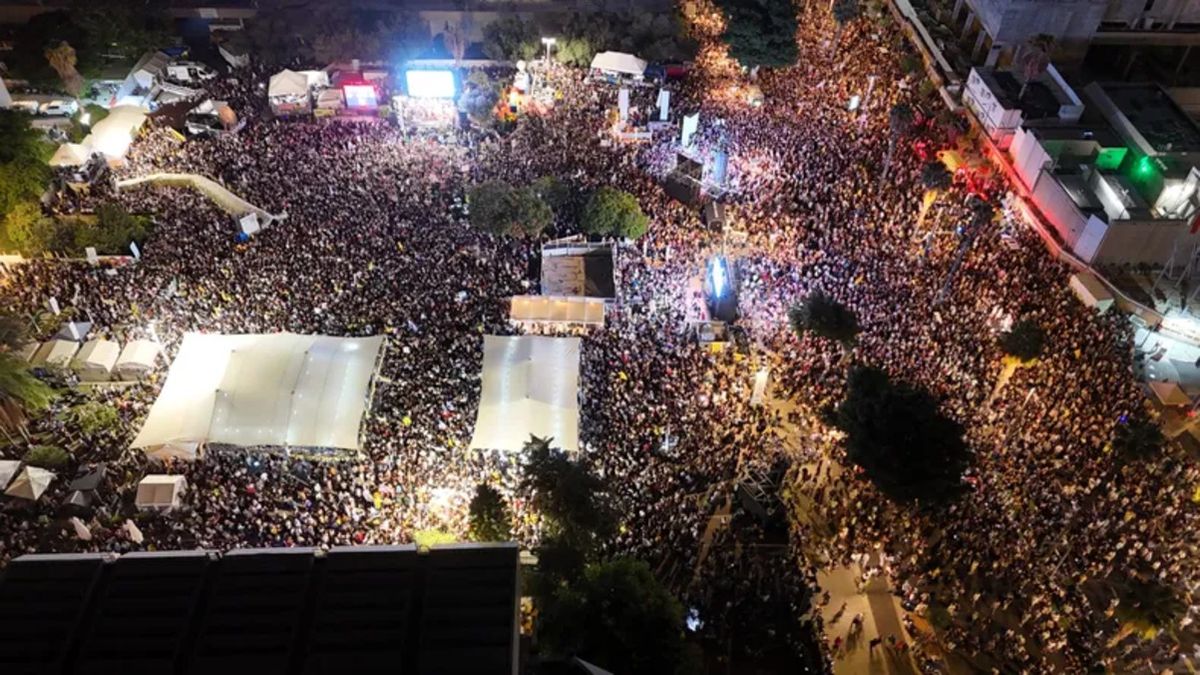
“I can still remember it well, as if it were today. I was called by a resident. Four people were dead,” says Emmerich Gärtner-Horvath. The chairman of the Roma Service association speaks of a state of shock when he reports on his experiences and pleads for information and education in order to reduce prejudices and racism.
- Read more: Pipe bomb attack in Oberwart shocked Austria 25 years ago
That night, a pipe bomb killed four members of the Roma ethnic group. The men wanted to remove a board with the inscription “Roma back to India” that the bomb maker Franz Fuchs had prepared as a booby trap.
“I got a call on Sunday at 7.30 a.m., I immediately got into the car and drove to the Roma settlement. I listened to the radio and it was frightening, as the media had already reported,” because initially it was about a “Gypsy feud.” been the talk. When he arrived, the crime scene had not yet been cordoned off. “The first picture was terrifying, you knew the people. I also knew the undertaker. He said he had never seen such a terrible picture before,” said Gärtner-Horvath in the APA interview and also said: “That was the most terrible day of my life.”
Protective measures for the ethnic group
While forensics began their work, examining every square centimeter, and house searches later took place throughout the entire Roma settlement, there was already a pre-judgment in the media, Gärnter-Horvath criticized: “There were several assassination attempts back then. You just had to put the pieces of the puzzle together. Why Should the four of them write a tablet themselves and blow it up?”
As the then managing chairman of the Roma association, he maintained contact with the relatives, media representatives and representatives of other ethnic groups in the days and weeks that followed. “We sat together a lot with politicians and officials. It was about what measures we could take.” The police, for example, regularly patrolled the area and looked for anything unusual. “It’s still in your bones now. I always look under the car,” said Gärtner-Horvath.
As terrible as the attack was, many things developed for the better for the Roma in Burgenland afterwards. Labor market policy measures were taken, learning projects were started and a Roma fund was set up for students. There was then an exchange with schools and the education department. “It was important to us to break down the clichéd image. Even though this was a terrible attack, we took many steps forward.”
Strengthen understanding of history
Around 4,000 Roma live in Burgenland. Romani is still spoken in some cases, but this is declining, as is the case with Croatians and Hungarians, explained Gärtner-Horvath, but emphasized: “Communication in the digital sector is booming. There are blogs in which the language is kept alive. Recently Romani is also available in Google Translate.” The Roma settlement in Oberwart still exists in a smaller form. Many have moved to the city of Oberwart or somewhere else entirely. “This is a completely normal development. Young people build their lives where they have a job. That’s how it is.”
Regarding the current political development with a very strong FPÖ in Austria, Gärtner-Horvath said: “Every voter is asked how Austria should develop and you should have an awareness of history. You have to be honest, you are not interested in history, that are now the results.” Holding a memorial event every now and then is not enough. In his opinion, the coming to terms with Austria’s recent history and the Holocaust should be given more space in school lessons. “History has shaped us all and I hope that it doesn’t catch up with us again and strike us acutely. That would be the worst for everyone.”
Today, however, the Roma have a good relationship with politics. The dialogue platform has existed in the Federal Chancellery since 2011. “When problems arise, they are solved together. We try to submit our recommendations to politicians and work on them together. This is a good and important step to inform people,” said Gärtner-Horvath. The focus should also be on Europe in order to shed light on the situation of Roma in other countries. “We also feel like Europeans. We feel like Austrians, Burgenlanders and members of an ethnic group.”
Source: Nachrichten



